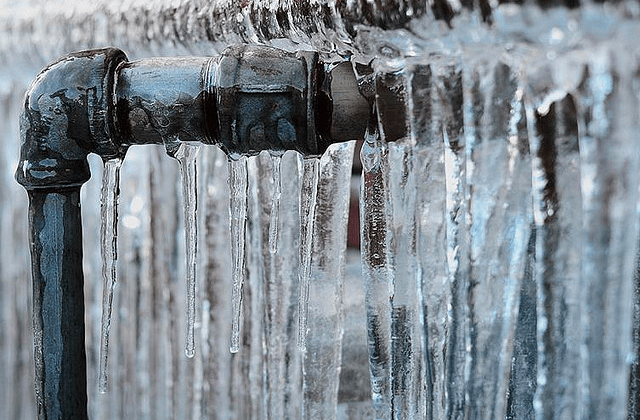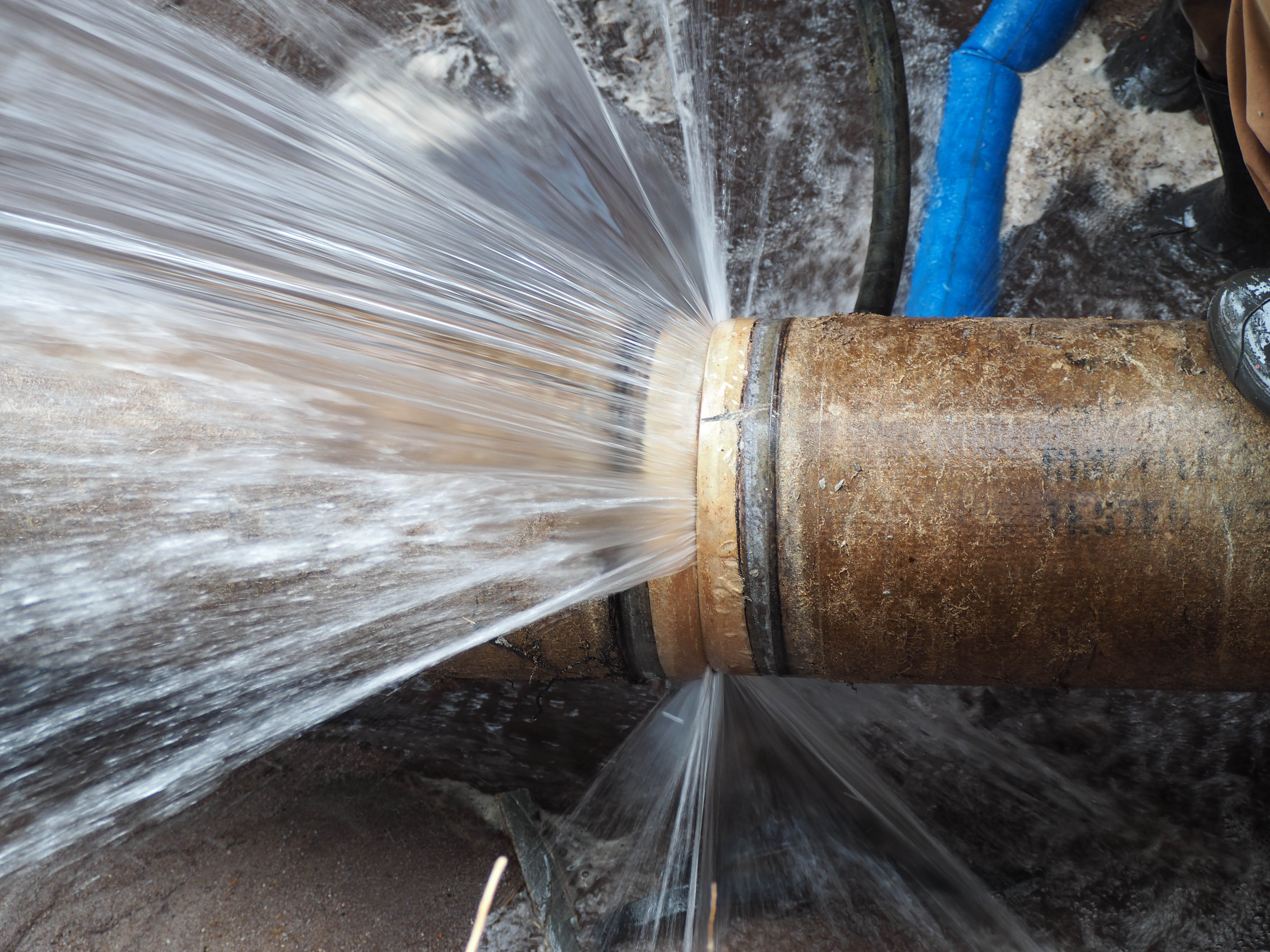Important Advice to Prevent Frozen Pipes in Winter
Important Advice to Prevent Frozen Pipes in Winter
Blog Article
The article further down relating to 6 Ways to Prevent Frozen Pipes is fairly attention-grabbing. Read it for your own benefit and decide what you think of it.

Winter can damage your pipes, specifically by freezing pipes. Right here's just how to stop it from occurring and what to do if it does.
Introduction
As temperatures decrease, the danger of frozen pipes rises, potentially resulting in costly repair services and water damage. Understanding how to prevent frozen pipes is essential for property owners in chilly environments.
Understanding Frozen Pipelines
What creates pipes to freeze?
Pipelines ice up when revealed to temperatures listed below 32 ° F (0 ° C) for extended periods. As water inside the pipes freezes, it expands, putting pressure on the pipeline wall surfaces and potentially causing them to rupture.
Threats and damages
Icy pipelines can result in water interruptions, residential property damage, and expensive repair services. Ruptured pipes can flooding homes and trigger comprehensive structural damages.
Indicators of Frozen Piping
Determining icy pipes early can avoid them from breaking.
Exactly how to determine icy pipes
Look for reduced water circulation from faucets, uncommon odors or noises from pipelines, and noticeable frost on exposed pipelines.
Prevention Tips
Insulating prone pipelines
Wrap pipes in insulation sleeves or make use of warm tape to secure them from freezing temperature levels. Concentrate on pipelines in unheated or outside locations of the home.
Heating strategies
Maintain interior spaces properly warmed, specifically areas with pipes. Open closet doors to allow cozy air to distribute around pipelines under sinks.
Shielding Outdoor Plumbing
Yard hose pipes and exterior taps
Separate and drain garden tubes before winter season. Mount frost-proof faucets or cover exterior faucets with insulated caps.
What to Do If Your Pipelines Freeze
Immediate activities to take
If you presume icy pipelines, maintain taps open to ease pressure as the ice thaws. Make use of a hairdryer or towels soaked in warm water to thaw pipes gradually.
Long-Term Solutions
Structural adjustments
Take into consideration rerouting pipes away from exterior wall surfaces or unheated locations. Add added insulation to attics, basements, and crawl spaces.
Updating insulation
Invest in high-quality insulation for pipes, attic rooms, and wall surfaces. Correct insulation helps preserve constant temperature levels and decreases the danger of icy pipes.
Conclusion
Avoiding icy pipelines requires positive measures and fast feedbacks. By recognizing the reasons, indicators, and preventive measures, home owners can shield their pipes throughout winter.
Helpful Tips to Prevent Frozen Pipes this Winter
UNDERSTANDING THE BASICS: WHY PIPES FREEZE AND WHY IT’S A PROBLEM
Water freezing inside pipes is common during the winter months, but understanding why pipes freeze, and the potential problems it can cause is crucial in preventing such incidents. This section will delve into the basics of why pipes freeze and the associated problems that may arise.
THE SCIENCE BEHIND FROZEN PIPES
When water reaches freezing temperatures, it undergoes a physical transformation and solidifies into ice. This expansion of water as it freezes is the primary reason pipes can burst. As the water inside the pipe freezes, it expands, creating immense pressure on the walls. If the pressure becomes too great, the pipe can crack or rupture, leading to leaks and water damage.
FACTORS THAT CONTRIBUTE TO PIPE FREEZING
Low Temperatures: Extremely cold weather, especially below freezing, increases the risk of pipes freezing. Uninsulated or Poorly Insulated Pipes: Pipes located in unheated areas, such as basements, crawl spaces, or attics, are more prone to freezing. Insufficient insulation or lack of insulation altogether exacerbates the problem. Exterior Wall Exposure: Pipes running along exterior walls are susceptible to freezing as they encounter colder temperatures outside. Lack of Heating or Temperature Regulation: Inadequate heating or inconsistent temperature control in your home can contribute to frozen pipes. PROBLEMS CAUSED BY FROZEN PIPES
- Pipe Bursting: As mentioned earlier, the expansion of water as it freezes can cause pipes to burst, resulting in significant water damage.
- Water Damage: When pipes burst, it can lead to flooding and water damage to your property, including walls, ceilings, flooring, and personal belongings.
- Structural Damage: Prolonged exposure to water from burst pipes can compromise the structural integrity of your home, leading to costly repairs.
- Mold and Mildew Growth: Excess moisture from water damage can create a favorable environment for mold and mildew growth, posing health risks to occupants.
- Disrupted Water Supply: Frozen pipes can also result in a complete or partial loss of water supply until the issue is resolved.
WHY CERTAIN PIPES ARE MORE PRONE TO FREEZING
- Location: Pipes located in unheated or poorly insulated areas, such as basements, crawl spaces, attics, or exterior walls, are at higher risk of freezing.
- Exterior Pipes: Outdoor pipes, such as those used for irrigation or exposed plumbing, are particularly vulnerable to freezing as they are directly exposed to the elements.
- Supply Lines: Pipes that carry water from the main water supply into your home, including the main water line, are critical to protect as freezing in these lines can affect your entire plumbing system.
- Underground Pipes: Pipes buried underground, such as those connected to sprinkler systems or outdoor faucets, can be susceptible to freezing if not properly insulated.
https://busybusy.com/blog/helpful-tips-to-prevent-frozen-pipes-this-winter/

Do you enjoy reading up on How to prepare your home plumbing for winter weather? Write feedback down below. We would be glad to know your responses about this blog post. We are looking forward that you visit us again in the future. Are you aware of someone else who is interested by the subject? Take a moment to promote it. Thanks so much for your time invested reading it.
Start Now Report this page